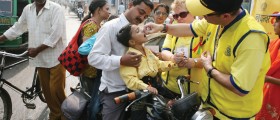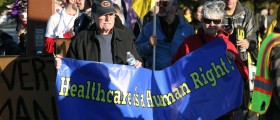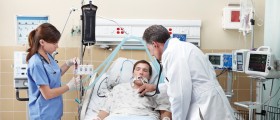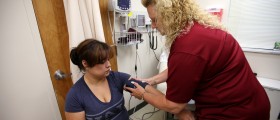
Family Health International is a health organization dedicated to addressing and solving the public health and development needs of people from all over the world. Family Health International pays special attention to world’s world's most vulnerable people and works together with national governments and local communities to improve health system and create positive and long-lasting changes in lives of individuals and whole communities. Family Health International now works in more than 55 countries and employs 2000 experts and volunteers engaged on various projects. Their collective mission is to improve lives worldwide through the synergistic strengths of research and programs in public health. One of the countries supported by Family Health International is Bangladesh.
Situation in Bangladesh
Bangladesh is a country that has relatively low HIV prevalence, but what worries is that the HIV rates are steadily increasing in this country, mainly among intravenous drug users. The Family Health International has recognized the potential threat of HIV epidemic and collaborated with the Ministry of Health to deliver an effective program of HIV prevention, care and support for the affected part of the population. High-risk population of Bangladesh includes drug users, sex workers, clients of sex workers, people living with HIV, and migrants. Another severe health concern in Bangladesh are extremely high rates of tuberculosis, and women are in the especially bad position, since they usually have little or no education, have low sources of income, and low level of independent decision-making.
Family Health International projects in Bangladesh
Family Health International is channeling their efforts to raise HIV and AIDS awareness while building a support for the affected individuals. A number of projects are conducted to promote the use of a condom and warn about the risks of lending and borrowing injecting equipment. Ensuring access to HIV testing, and providing STI services are also a part of this ongoing program. Bangladesh ranks sixth on the list of countries most affected with tuberculosis. A special program is designed to improve tuberculosis infection control measures nationwide and improves diagnostic capacity.
Certain members of the most-at-risk populations, such as sex workers or women in the sex trade, can find it hard to access general health services because of the stigma and discrimination. Family Health International volunteers are trained to reach out female sex workers and teach them about high health risks involved in sex work. These peer educators are often going to hotels, where women work, and bringing them to the clinic. The goal is to encourage women to stop relying on sex work for an income.

















Your thoughts on this
Loading...